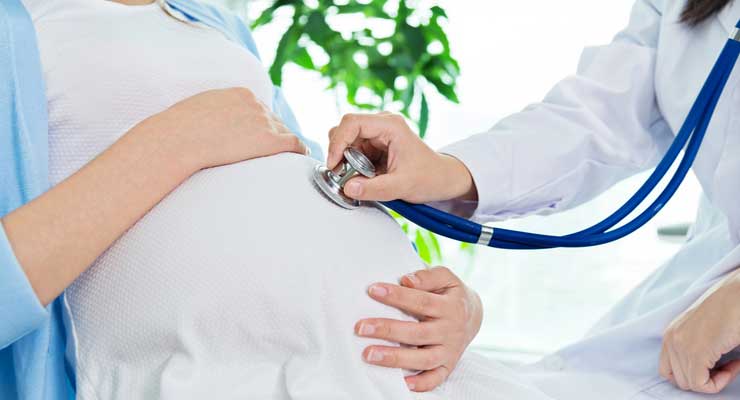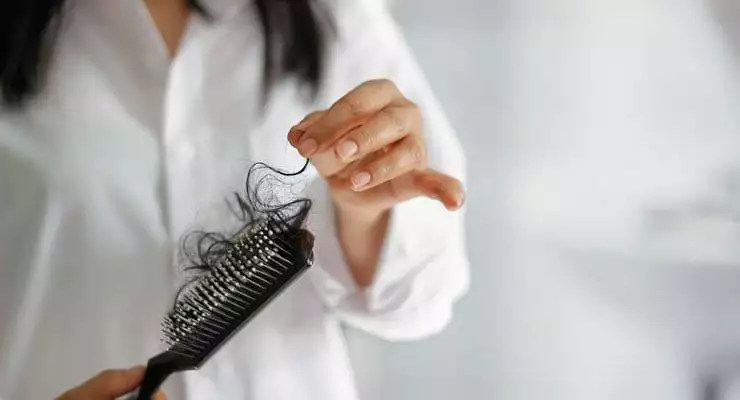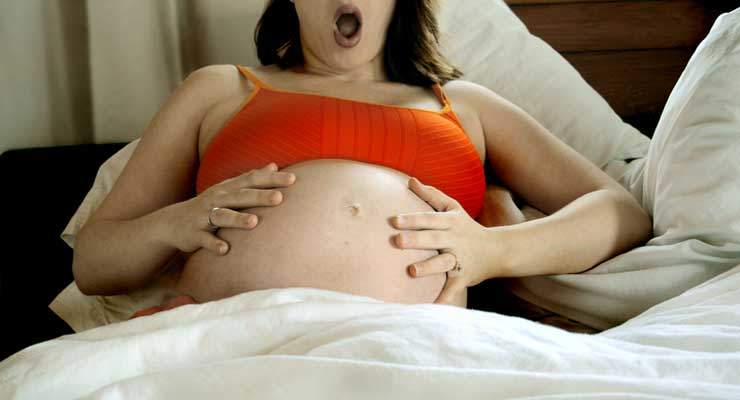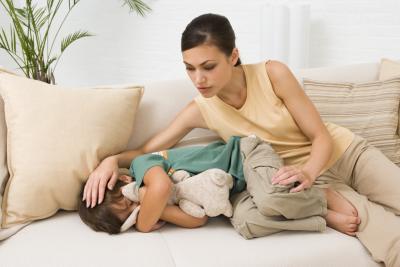Search Results for: fingers
When Does a Baby Develop a Heartbeat?
The nine months of pregnancy seem endless for many expectant mothers. In reality, it is amazing how much a baby grows and changes during that time. In fact, many of those changes, including the development of a heartbeat, occur before the expectant mother even knows she is pregnant, according to MayoClinic.com.
Hair Loss After a Miscarriage
Miscarriages are difficult enough to endure without having to worry about hair loss as well. It is not uncommon to lose hair after a miscarriage, according to the American Pregnancy Association. Hormone levels in the body rise during pregnancy. The higher levels of estrogen in your body slow the normal loss of hair. This results in thicker, more luxurious hair. Once hormone levels return to normal, such as after a miscarriage, the hair that was “on hold” suddenly falls out, returning your hair thickness to normal levels.
Lumps in the Breast After Pregnancy
Your breasts go through a number of changes during pregnancy. They become larger in size, the nipples become more pronounced and the shape of your breasts may even change. Even after you have your baby, your breasts may look and feel different than they did before you became pregnant. In most cases, the lumps you feel are normal for a new mother, but contact your doctor about any lump that develops in your breast.
My Baby Is Very Active in the Womb
There’s something almost magical about feeling those first, fluttering movements of your baby in the womb. Later on, those delicate twitches can turn into painful kicks and jabs. Although so much activity might be frustrating to you — especially late at night, when you are trying to sleep — your baby’s movements are actually very healthy and a normal part of his development.
Juvenile Rheumatoid Arthritis Symptoms
Juvenile rheumatoid arthritis is a form of arthritis found in children 15 and younger. This autoimmune disease affects around 50,000 children each year in the United States, according to KidsHealth. The duration and severity of the symptoms, which are most often seen in the joints, vary widely in children, from rather mild to quite serious.





